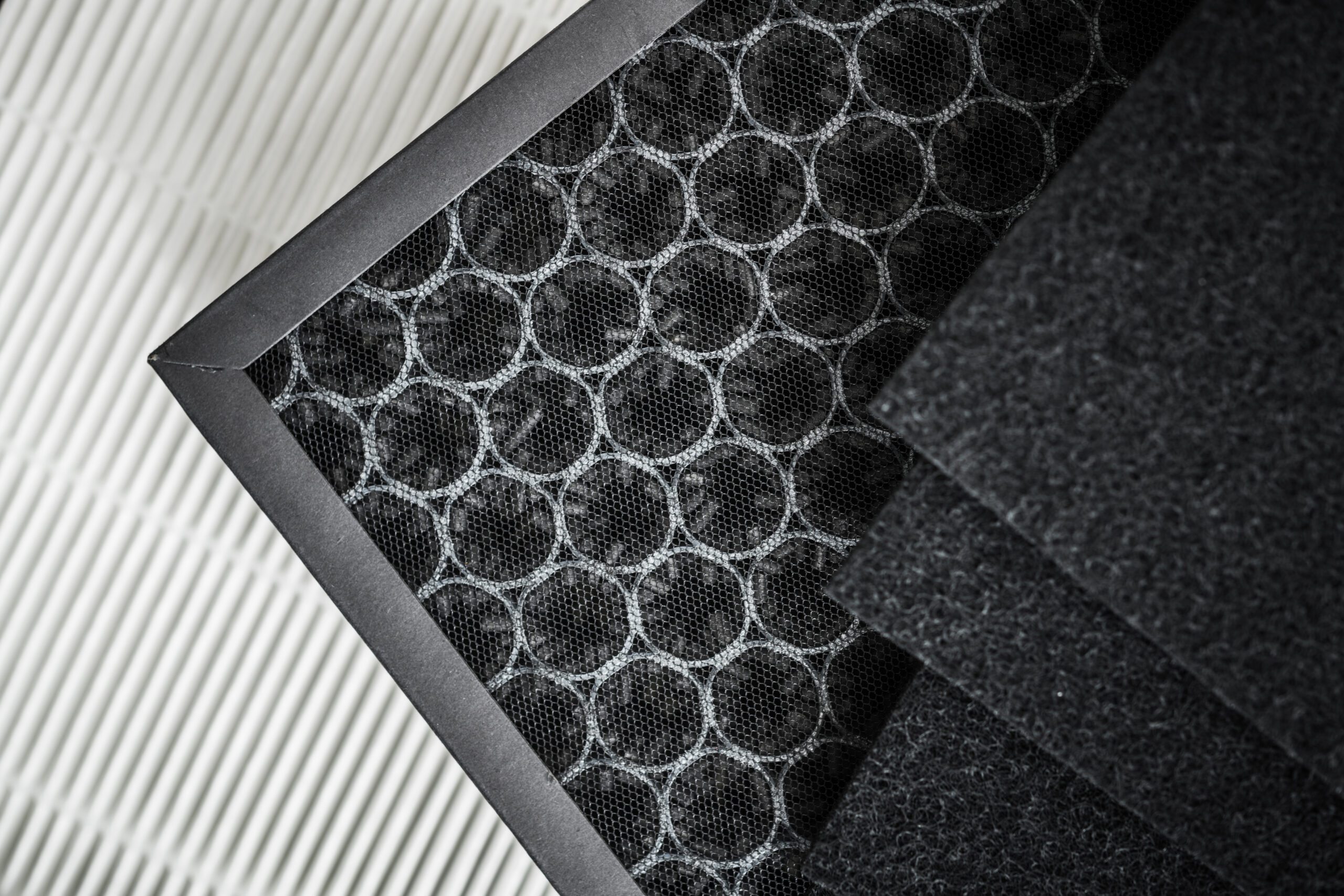Each HVAC system’s primary component is an air filter. The better the air filter in your HVAC, the higher the air quality you breathe each day.
Selecting the proper air filter is essential because, if you don’t, your furnace or air conditioner may circulate dust particles throughout your home, which could be hazardous to your health.
When searching for the right air filter for your unit, it’s essential to do your research, or follow the guidance of a professional.
Though the factors to consider when choosing the air filter for your system are relatively few, the choice is vital. Don’t panic if you’ve never bought an air filter before or if you’re not very familiar with HVAC terms. With a few straightforward guidelines, Martin Air, your trusted contractor, has you covered when it comes to picking the ideal air filter for your system.
Know Which Filters Fit Your System
Finding out which air filters will work with your HVAC system is the first step. Your system’s owner’s manual or manufacturer’s guide will specify the required size and kind of filter in order to achieve the optimum results. Finding the right air filter is essential since it will improve indoor air quality and increase energy efficiency.
If you’ve misplaced the owner’s manual or manufacturer’s guide, you’ll have to measure the dimensions of your current air filter to know which filters are compatible. Simply remove the existing air filter from your air conditioning or heating unit and measure it. A general rule of thumb for the size of an air conditioner or furnace filter is 20 inches for the length and 25 inches for the height.
Understand the MERV Rating
Minimum Efficiency Reporting Value, or MERV, ratings are used by the HVAC industry to evaluate the efficacy of various air filters. MERV ratings evaluate how effectively air filters can remove dust and other airborne contaminants. The ability of the air filter to catch dust particles and ensure better indoor air quality increases with the MERV rating.
Higher MERV air filters typically cost more since they perform better. However, the additional expense usually balances out. If you choose a less expensive air filter with a lower MERV rating, you’ll need to change it much more frequently because it won’t be able to filter harmful airborne particles for long.
On occasion, air filter manufacturers will substitute their own grading systems for the MERV system. If you purchase from a business that does this, be aware that higher number ratings typically indicate higher-quality filtration.
Pick a Filter Made of the Right Material
For the various filter types and filter materials, you have a few options. A fiberglass filter is a common and affordable choice. But since they are often thin and inexpensive, fiberglass air filters are less effective in capturing airborne dust particles. Fiberglass air filters generally require replacement every month.
Pleated filters are a slightly higher-quality option. They usually come in the 4-inch thick range, which increases their durability and improves their ability to stop dust spores from entering the air. Pleated filters are more expensive up front than fiberglass filters, but the better ones can last for up to a year.
Another option is to choose a washable air filter. These tend to be most expensive, as they are constructed of polypropylene and have a long lifespan and minimal environmental impact. While washable air filters can be reused after routine cleaning, fiberglass and pleated filters should only be used once before being discarded.
Know When to Replace Your Filters
Knowing when to replace your old air filter is as essential as choosing the right one in the first place. Here are a few indicators that your existing air filter needs to be changed because it is clogged or dirty:
- Visible dust or other airborne particles – If you can see the hazardous particles in your air filter, your filter is probably dirty or clogged and no longer capturing and filtering those particles.
- Temperature issues – Your air filter might need to be changed if your furnace or air conditioner is having trouble maintaining the proper temperature in your home. Your HVAC system may work harder than usual because of a filthy or clogged filter.
- Excessive energy costs – You’ll notice particularly high energy bills when your air filters are clogged or unclean as your HVAC system uses more energy as a result of having to work harder to heat and cool your home.
The Value of Regular HVAC Maintenance
Even if you discover the ideal air filter and replace it frequently according to the advice given above, you can still have problems with your heating, cooling, and indoor air quality. If so, you most likely have HVAC issues in addition to your air filter. By scheduling regular maintenance, a qualified expert may inspect all of your system’s moving parts and ensure your system performs at its best
Even if there are no issues, it’s always a good idea to have your HVAC system tuned up and maintained on a regular basis. A properly maintained energy-efficient system with lower energy bills, improved indoor air quality, and a longer lifespan for your unit are all guaranteed with routine maintenance.
Your Phoenix HVAC Pros
These five suggestions should help you select the best air filter for your HVAC system. In addition to these recommendations, it’s crucial to research each potential air filter before determining if it’s the best fit. You can use tools like user reviews to help you understand the benefits and drawbacks of the filter you’re thinking about buying. It is advisable to take your time and make the best decision to ensure your family’s peace and comfort.
At Martin Air, we work tirelessly to ensure your comfort all year long, in every circumstance. For an estimate or to schedule HVAC maintenance and repair, get in touch!

